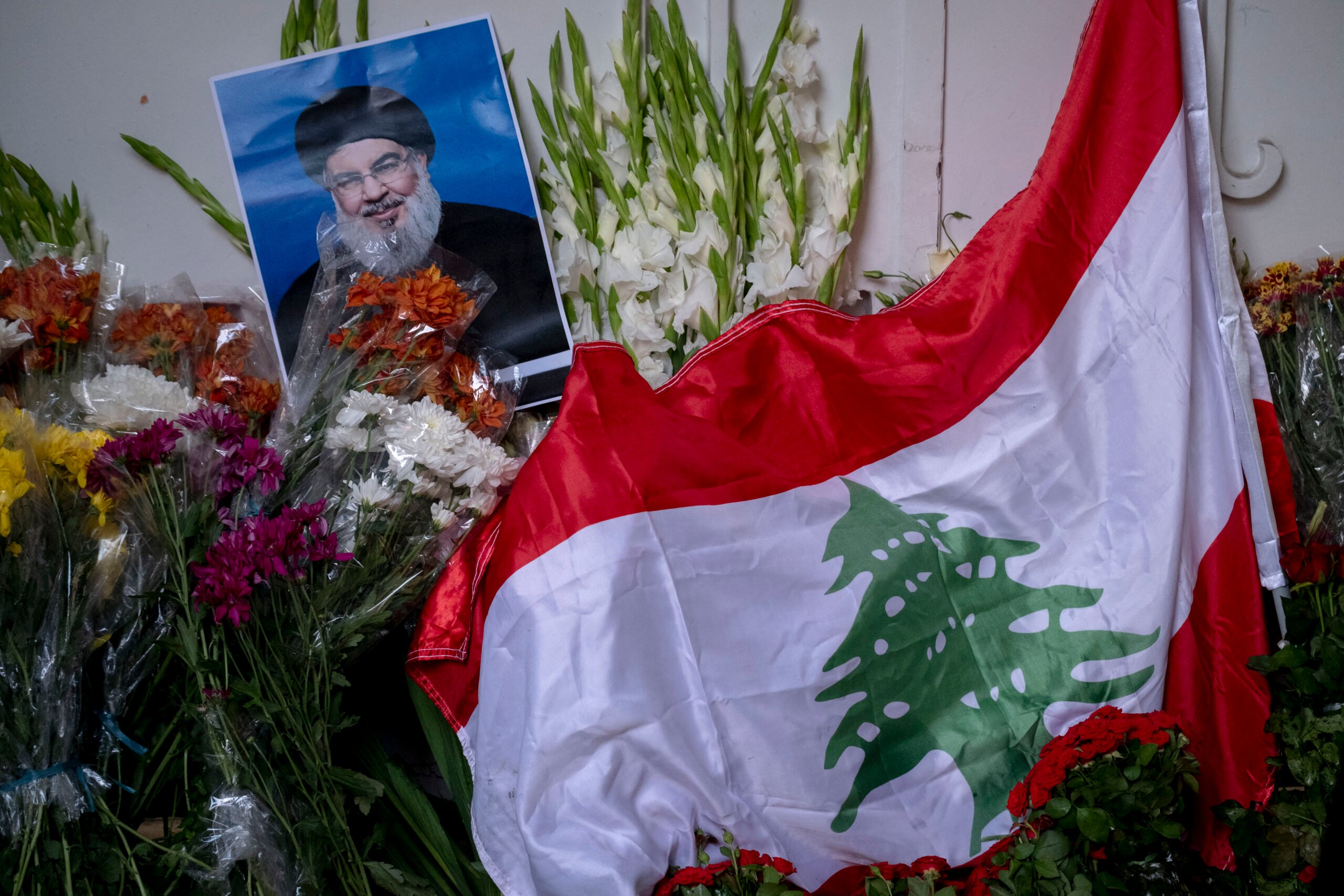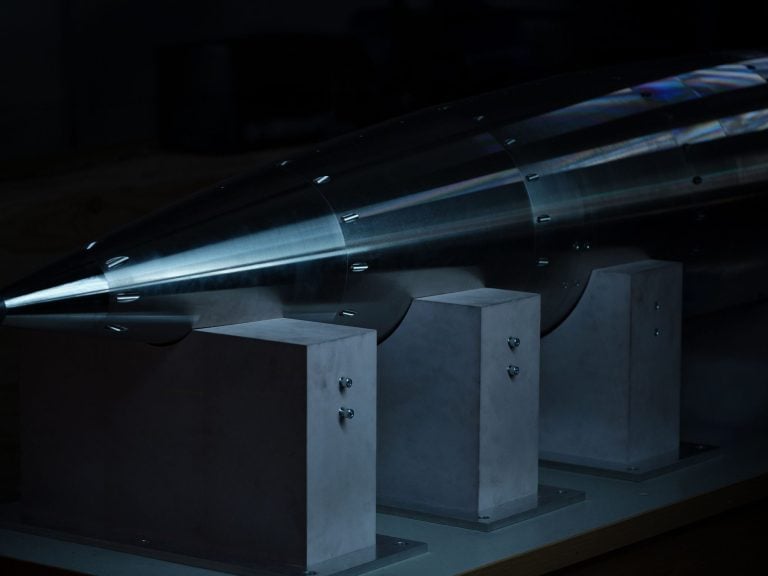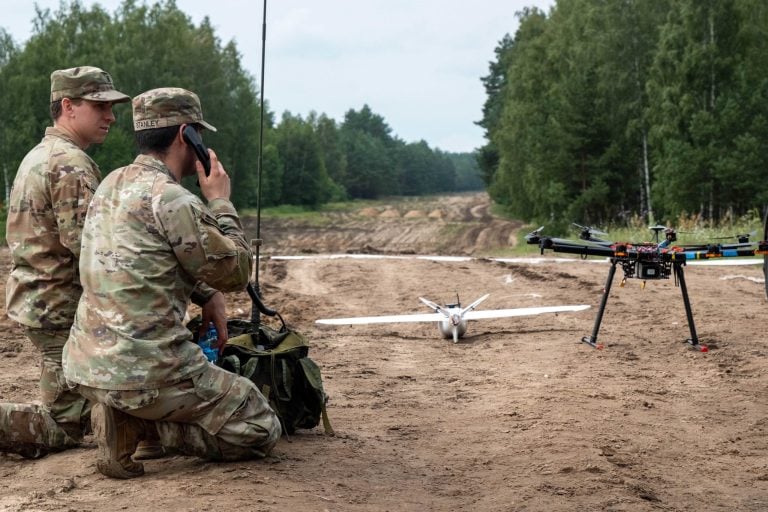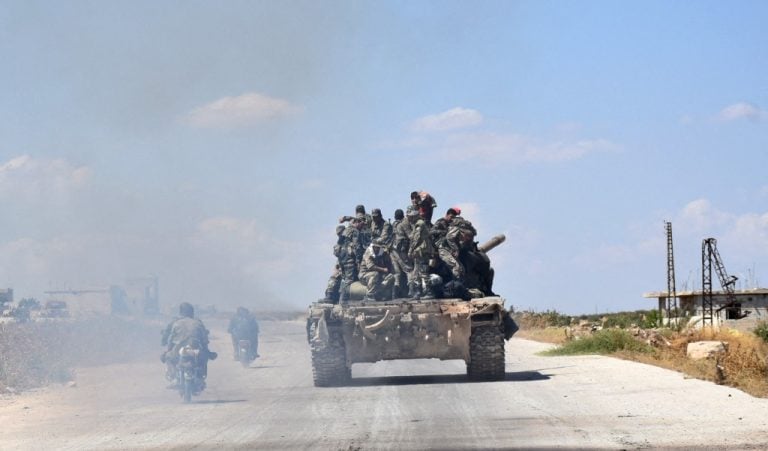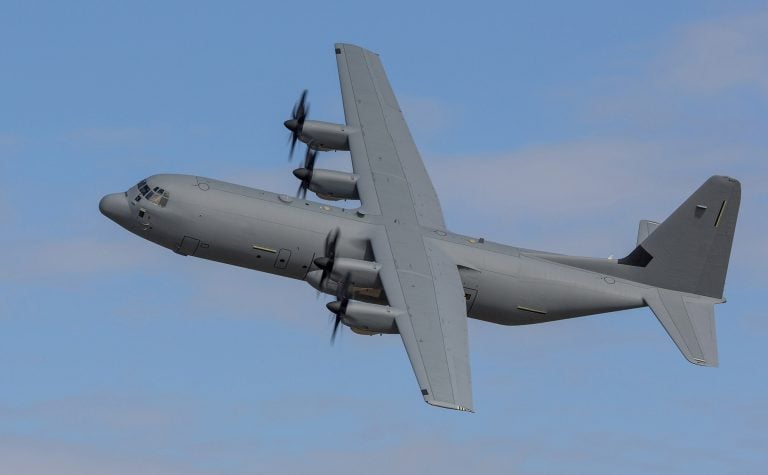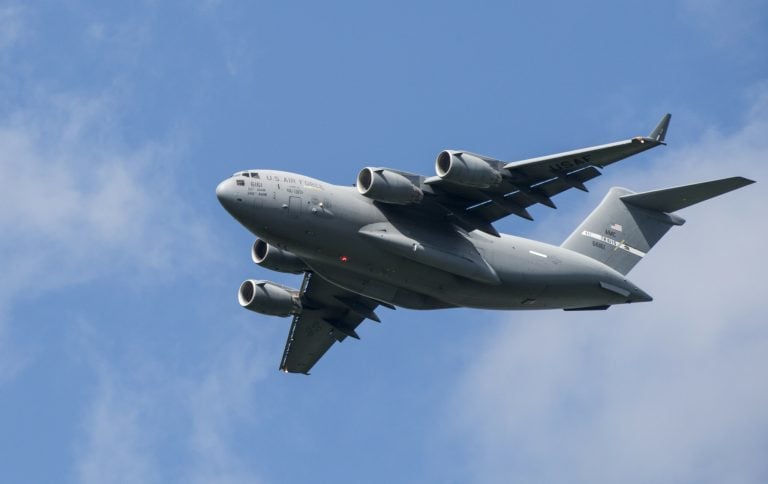President Donald Trump has announced a significant shift in U.S. policy regarding Iran and its support for terrorist organizations in the Middle East. This approach emphasizes unwavering support for Israel in its ongoing conflict with Hamas in Gaza, while also authorizing military operations against Iran-backed Houthis in Yemen.
As Israel’s military actions impact Iranian proxies in the region, the Trump administration is now urged to address where Iran may attempt to establish new footholds, specifically in Jordan and the West Bank.
Jordan’s Role in Regional Stability
Over the past two years, Jordan has taken considerable risks to counter Iranian influence. The Jordanian monarchy has engaged in regional defense efforts to thwart two Iranian-led attacks on Israel and has implemented strict measures on its Syrian border to combat the smuggling of captagon, a powerful drug associated with Iranian proxies. Jordan’s proactive stance is crucial, as it contributes significantly to U.S. counterterrorism objectives in the region.
Iran’s Growing Influence in the West Bank
Iran has been increasingly successful in channeling sophisticated weaponry into the West Bank through various means, including proxies and criminal gangs. This has been a consistent effort over the past three years, aiming to replicate the tactics used in Hamas’ recent attacks. Reports and documents recovered by Israel in Gaza have confirmed these intentions. Iran’s Supreme Leader has publicly described the West Bank as a significant battleground against Israel, underscoring its strategic importance.
The 2025 Annual Threat Assessment from the Director of National Intelligence highlights a notable shift in sentiment, indicating that, while Hamas’ support has waned among Gazans, it remains robust among West Bank Palestinians, particularly in relation to the Palestinian Authority.
Exploiting Regional Tensions
In light of setbacks elsewhere, Iran appears to be increasingly targeting Jordan and the West Bank, where Hamas enjoys substantial local support. Tehran’s strategy is to leverage this discontent to destabilize the Jordanian monarchy. The situation is further complicated by Iranian investments and regional alliances, suggesting that the collapse of the West Bank could escalate into a broader crisis affecting all U.S. allies in the region.
While Israel maintains tight security protocols in the West Bank, regularly thwarting terror plots, this alone is deemed insufficient to counter Iran’s strategic ambitions. The challenges presented by Iranian influence necessitate a comprehensive and coordinated response.
Strategic Recommendations
To effectively address the situation, a focus on the West Bank and Jordan is essential for regional peace and U.S. interests, particularly with respect to hostage negotiations and future nuclear discussions. A strategic approach should be built on three essential pillars:
1. Strengthen coordination between Israel and Jordan to confront and neutralize burgeoning terrorist threats.
2. Provide Jordan with the necessary military and counterterrorism resources to sustain internal stability and mitigate Iranian influence.
3. Initiate a nuanced discussion on Palestinian statehood, addressing critical governance questions that impact Israeli security. The events of October 7 have underscored the importance of determining leadership in any prospective statehood discussions.
Building resilience in both Jordan and the West Bank, while insulating them from Iranian interference, is imperative not only as a reaction to recent conflicts, but also as a foundational step towards a meaningful dialogue on Palestinian self-determination.
Challenges Ahead
Securing the West Bank is fraught with difficulties, requiring sensitivity to the realities of Palestinian civilian life and integrating coordinated action among regional partners. The success seen against Iranian aggression in previous months emphasizes the importance of collaboration in confronting emerging threats.
As the situation evolves, the call for a focused, collective regional response becomes increasingly vital. The coordinated actions of regional partners will be crucial as the U.S. and its allies seek to mitigate the destabilizing influence of Iran in both the West Bank and Jordan.
